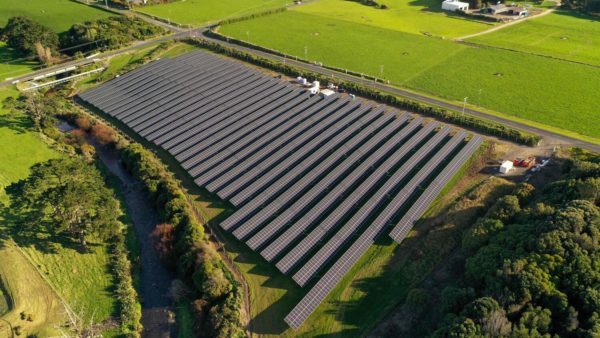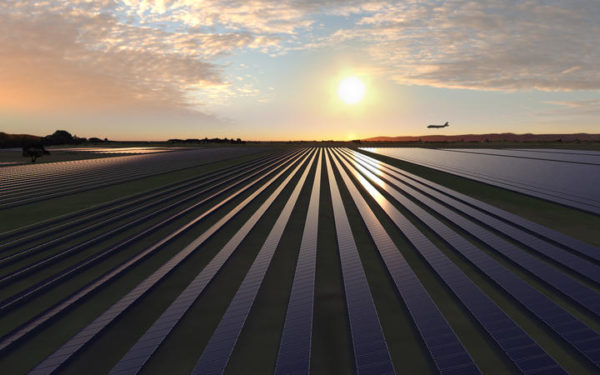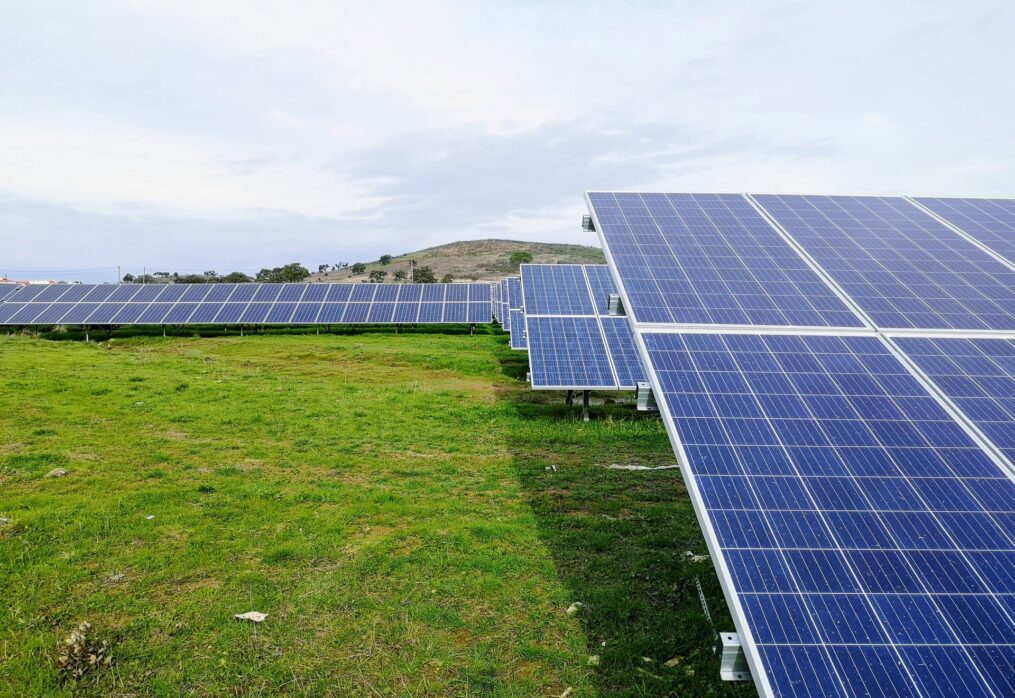Auckland-based renewables developer Far North Solar Farm (FNSF) announced on Thursday it had partnered with German investment manager and asset development company Aquila Capital to develop an estimated $1 billion suite of large-scale solar PV projects across New Zealand’s North and South islands.
FNSF, which late last year commenced construction of a 16MW solar farm near Pukenui in the Far North, said the pipeline of projects could supply approximately 4% of New Zealand’s total annual energy demand and would represent approximately 11% of the country’s current clean energy generation capacity.
The 1GW pipeline includes multiple project sites across the North and South islands with FNSF confirming it has already secured 13 sites close to transmission points.
FNSF director John Telfer said both companies have “invested significant capital and resources to select and assess suitable project sites and obtain the required permits and consents to advance these sites to ready-to-build status”.
“We can’t wait to start constructing the solar photovoltaic sites we have planned and consented,” he said.
“To be partnering with such a committed global investor in clean energy generation as Aquila Capital, and on the scale we collectively intend, is exciting not only for us but also the entire country.”
Telfer said the companies aim to break ground on at least four North Island projects this year with the remainder of the projects to be rolled out over the next two to five years.

Image: Sunergise
Hamburg-based Aquila Capital, which manages more than 12GW of wind, solar PV and hydropower assets globally, said the projects would support New Zealand’s clean energy transition and target of net-zero emissions by 2050.
Aquila Asia Pacific chief executive officer Alexander Lenz said the companies had been encouraged by New Zealand’s progressive renewable energy targets and the government’s soon-to-be-announced Emissions Reductions Plan.
“We are excited to reach this stage of development after assessing all possible sites and preparing for our solar PV build-out with FNSF,” he said. “This would not have been possible without New Zealand’s focus on meeting its progressive clean energy targets. The time for clean energy is now, and together with FNSF, we are ready to support New Zealand’s ambitious energy transition goals.”
The announcement comes as FNSF continues construction on its Pukenui solar farm being developed on the Far North’s Te Aupōuri peninsular. The $30 million project will comprise 32,000 solar panels spread across a 12-hectare site. The asset is expected to be commence generation later this year.
FSNF and Aquila Capital are the latest firms to target solar developments in the land of the long white cloud.
While the largest operational PV facility in the country is Sunergise’s 2.1MW Kapuni Solar Power Plant that began operations in May last year, power companies Meridian, Contact Energy and Genesis and new players Lodestone and Helios have all announced plans to build solar developments of various sizes in the past 12 months.
Meridian last year revealed it plans to build a 100MW grid-connected battery and solar farm at Marsden Point north of Auckland, while New Zealand’s Contact Energy has partnered with Lightsource bp, the renewables arm of Britain-based BP, to build out a large-scale solar portfolio of up to 380,000MWh by 2026.

Image: Christchurch Airport
New Zealand renewables developer Lodestone Energy has announced plans to build five solar farms in the upper North Island at a cost of $300m while English developers Hive Energy, Ethical Power Group and Solar South West have set up a joint venture they hope will lead to 350MW of utility scale installations in NZ.
Helios Energy, a collaboration of United States and New Zealand developers, has also committed to grid-scale solar developments in NZ while government majority-owned Genesis Energy announced it will be working with FRV Australia to deliver 500MW of solar power capacity across the country over the next five years.
These commitments come with New Zealand’s biggest solar array currently under construction. The 150MW Kōwhai Park solar farm is being developed by Christchurch Airport on a 400ha site adjacent to its runways. The project will scale up over the next 30 years with the first stage to deliver a 220-hectare solar array capable of generating enough electricity to power 30,000 homes.
Australian renewable energy fund Solar Bay has committed $100 million to the development of phase one and investment director Jack Sherratt said the project would set the standard for large-scale solar in New Zealand.
“There is nothing else like this in New Zealand – it’s innovative, far ahead of its time and absolutely world-leading in every sense,” he said. “The phase one solar array is 50 times larger than any existing array in the country – and it’s just the beginning.”
This content is protected by copyright and may not be reused. If you want to cooperate with us and would like to reuse some of our content, please contact: editors@pv-magazine.com.









4 comments
By submitting this form you agree to pv magazine using your data for the purposes of publishing your comment.
Your personal data will only be disclosed or otherwise transmitted to third parties for the purposes of spam filtering or if this is necessary for technical maintenance of the website. Any other transfer to third parties will not take place unless this is justified on the basis of applicable data protection regulations or if pv magazine is legally obliged to do so.
You may revoke this consent at any time with effect for the future, in which case your personal data will be deleted immediately. Otherwise, your data will be deleted if pv magazine has processed your request or the purpose of data storage is fulfilled.
Further information on data privacy can be found in our Data Protection Policy.